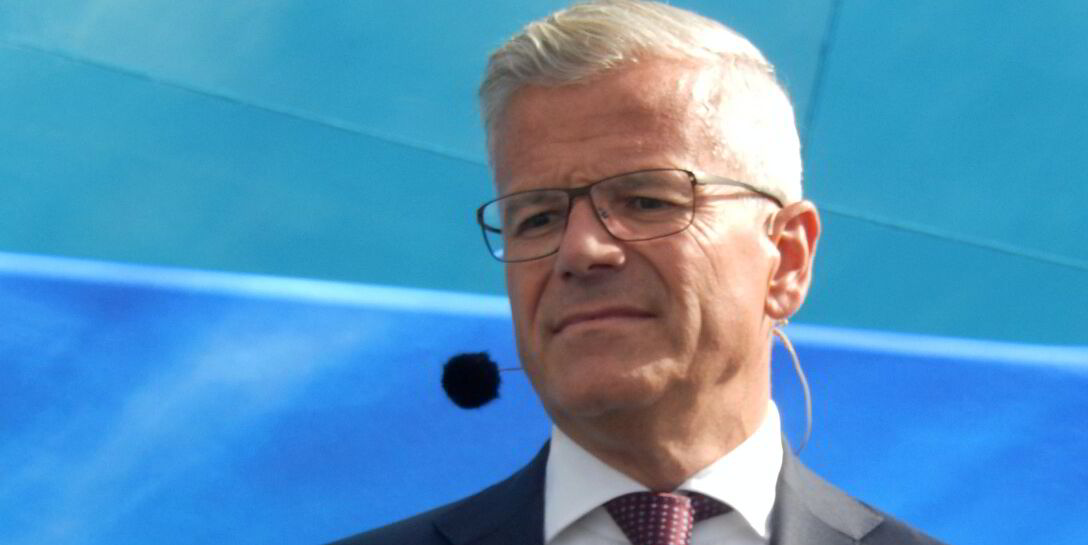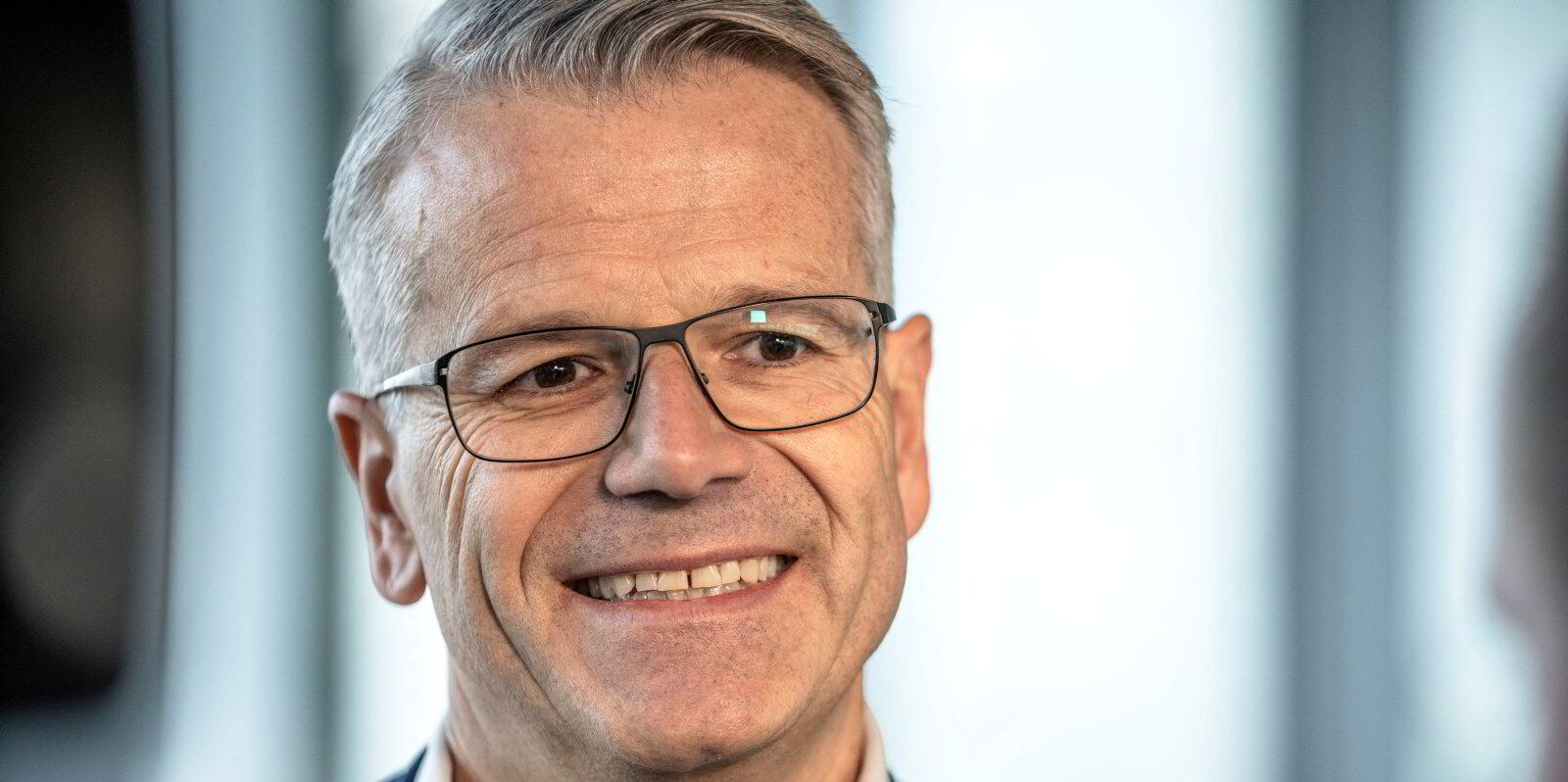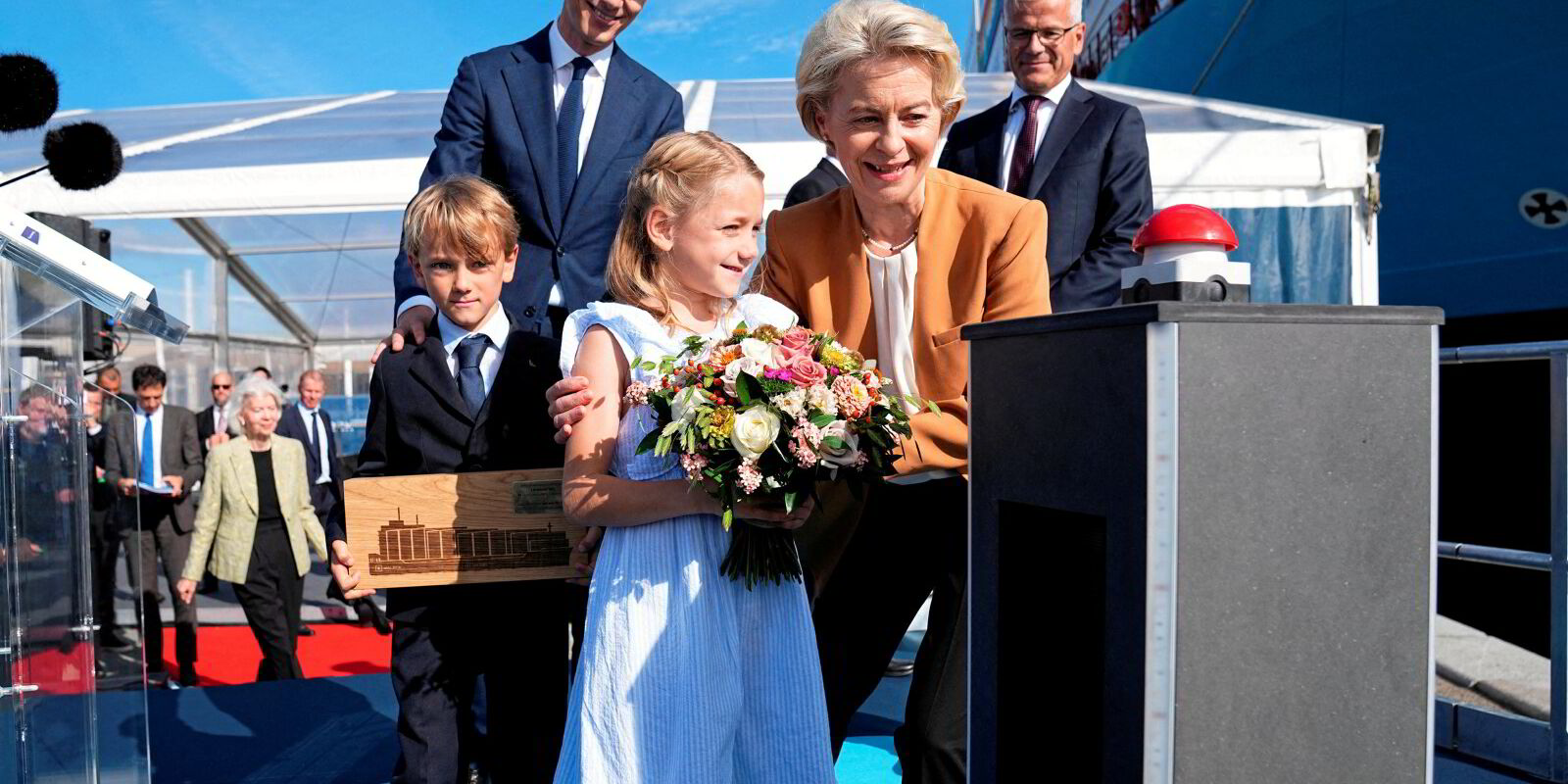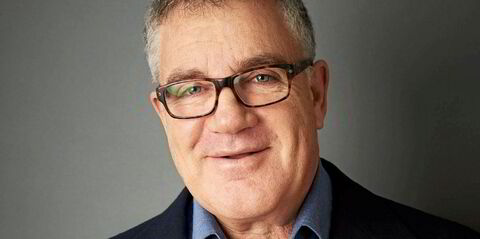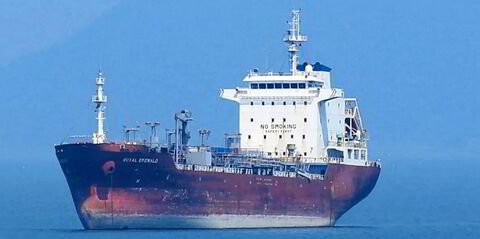AP Moller-Maersk is in the process of signing newbuilding orders for between 50 and 60 vessels.
The giant liner operator is inking contracts and time charters for dual-fuel vessels to match a renewal pace of around 160,000 teu per year.
That is designed to help the company maintain its competitive edge and decarbonise its operations, said Maersk chief operating officer Rabab Boulos.
“As the shipyard orderbooks have been filling up quickly and lead time for vessel deliveries have increased significantly, we decided to place orders and charter contracts of 800,000 teu dual-fuel vessels,” she said.
The orders would ensure “a steady flow of needed capacity for our network for the years 2026-2030 while building a competitive toolkit”.
All vessels will be dual-fuel, using methanol and liquefied gas propulsion systems, expected to help the company meet its decarbonisation goals.
Green future
Maersk expects green methanol is likely to become the most competitive and scalable pathway to decarbonisation in the short term.
But it also foresees a multi-fuel future for the industry, which includes liquified biomethane.
Once the vessels have been delivered, around 25% of the Maersk fleet will be equipped with dual-fuel engines.
The exact split of propulsion technologies will be determined considering the future regulatory framework and green fuel supply.
“By diversifying our fleet and fuel options, we gain the flexibility, knowledge and experience to cater to a future with multiple fuel paths,” said Ahmed Hassan, head of asset strategy & strategic partnerships at Maersk.
Maersk did not give details of the ships it is seeking to procure.
However, TradeWinds reported last month that the company has an enquiry to shipyards for a string of container ship newbuildings for its own account and charters on tonnage that could give it a fleet of at least 22 LNG dual-fuelled vessels.
Those following the company closely said Maersk has issued a request for proposals to shipbuilders for a string of 12 vessels of about 16,000 teu.
Maersk previously announced the orders of 25 owned dual-fuel methanol vessels, five of which are in service and 20 on order, providing around 350,000 teu of dual-fuel capacity.

